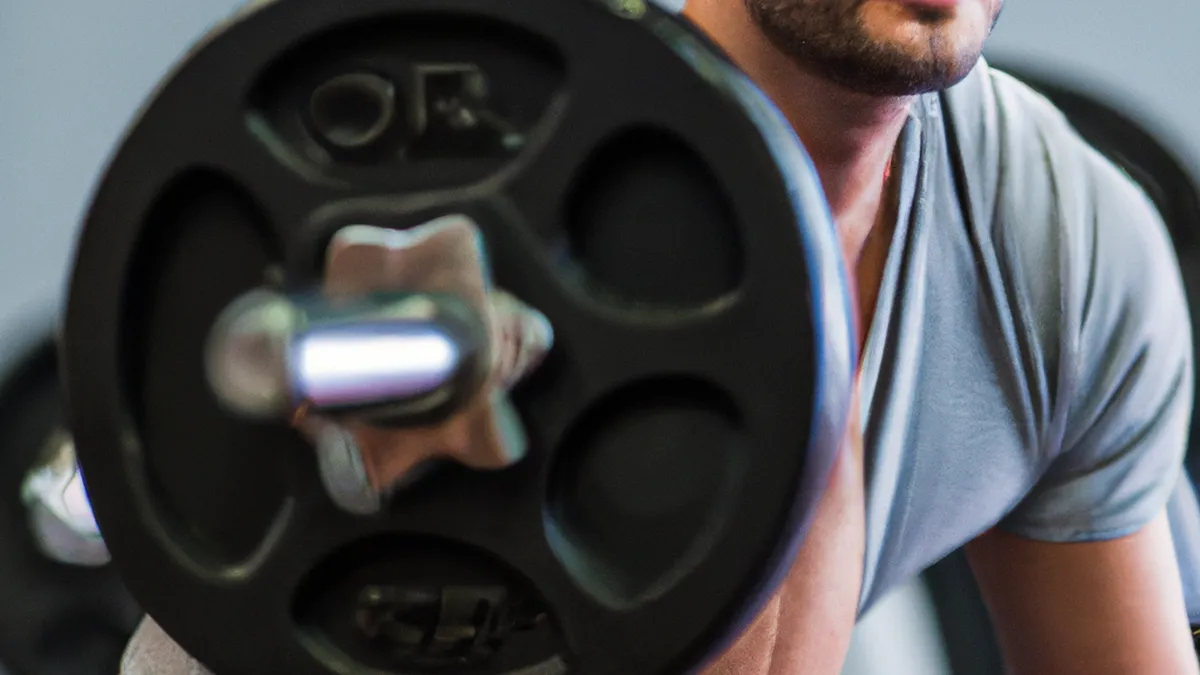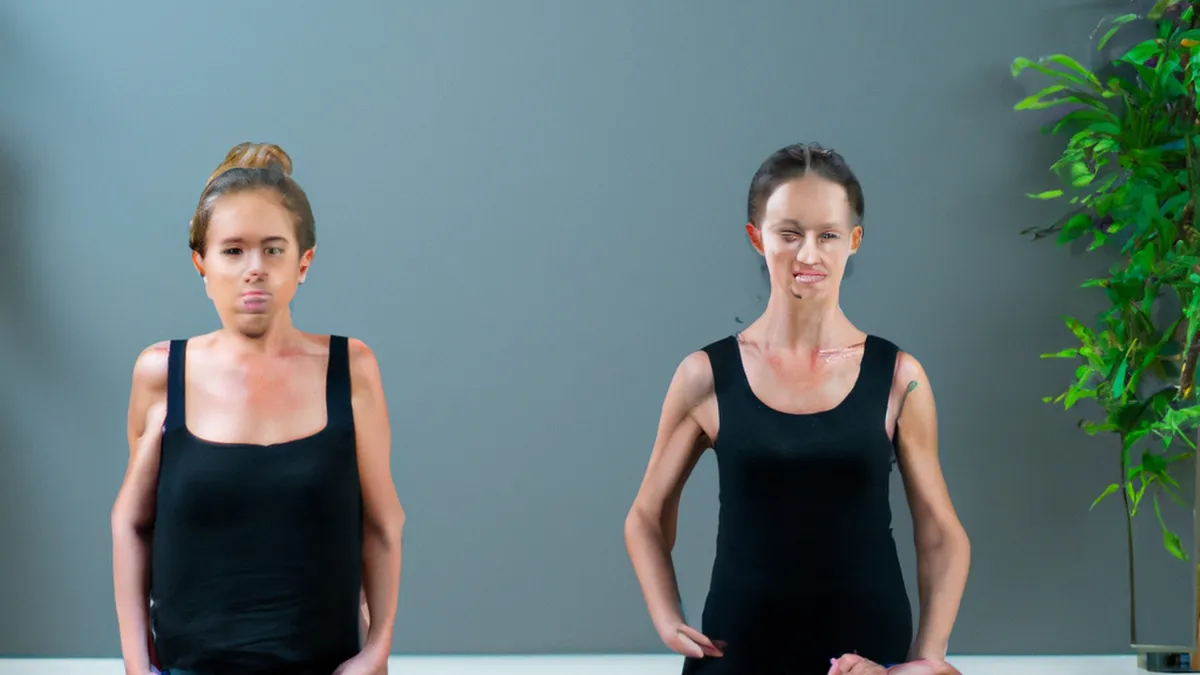Foam Rollers: Your Core’s Best Friend
Foam Rolling Techniques for Core MusclesFoam rolling has become a popular self-myofascial release technique. It effectively releases muscle tension, improves flexibility, and promotes recovery. Many people focus on larger muscle groups, but foam rolling the core muscles remains important. This blog post explores techniques for foam rolling core muscles, along with tips, advice, and benefits to enhance your fitness routine.
Why Foam Roll Your Core?
Your core stabilizes your body during various physical activities. A strong, flexible core maintains good posture, prevents injuries, and enhances athletic performance. Core muscles can tighten and fatigue after intense workouts or prolonged sitting.Foam rolling your core muscles enhances your performance and well-being. It relieves muscle tension, promotes better blood flow, improves flexibility, and aids recovery. Incorporating core foam rolling into your routine maintains optimal core health and function.
Techniques for Foam Rolling Your Core
As an Amazon Associate I earn from qualifying purchases.
Gear tip: consider foam roller, massage gun, and lacrosse ball to support this topic.
1. The Basic Roll
Start with the basic roll on your abdominals.- **Position**: Lie face down on the foam roller, placing it below your rib cage.- **Action**: Engage your core and roll forward and backward. Focus on tight or sore areas.- **Duration**: Roll for 30 seconds to one minute, adjusting pressure based on comfort.This technique releases tension in your abdominal muscles, promoting relaxation and recovery.
2. Side Roll for Obliques
Next, target your obliques, which are vital for rotational movements and lateral stability.- **Position**: Lie on your side with the foam roller under your lower rib cage, extending your legs straight.- **Action**: Cross your legs to stabilize, then roll from your rib cage down to your hip.- **Focus**: Pause on tight spots for a few seconds, applying gentle pressure to release tension.Spending time on your obliques improves mobility and flexibility, enhancing performance in sports and daily activities.
3. The Seated Roll
The seated roll effectively targets deeper core muscles, such as the transversus abdominis and multifidus.- **Position**: Sit on the foam roller with your knees bent, keeping your feet flat on the ground.- **Action**: Lean back slightly to engage your core, then roll from your lower back to your mid-back.- **Technique**: Keep movements slow and focused on tight or sore areas.This technique releases tension in your lower back, providing relief and improving overall core stability.
4.
Conclusion
Foam rolling your core muscles enhances performance, flexibility, and recovery. Incorporate these techniques into your fitness routine for optimal core health.
Below are related products based on this post:
FAQ
What are the benefits of foam rolling your core?
Foam rolling your core enhances performance by relieving muscle tension, promoting better blood flow, and improving flexibility. It also aids in recovery and helps maintain optimal core health and function, which is essential for overall stability and posture.
How do you perform the basic roll for abdominal muscles?
To perform the basic roll, lie face down on the foam roller positioned below your rib cage. Engage your core and roll forward and backward for 30 seconds to one minute, focusing on tight areas and adjusting pressure as needed for comfort.
What technique can be used for obliques?
The side roll targets the obliques effectively. Lie on your side with the foam roller under your lower rib cage, cross your legs for stability, and roll from your rib cage down to your hip, pausing on tight spots to release tension.















Post Comment